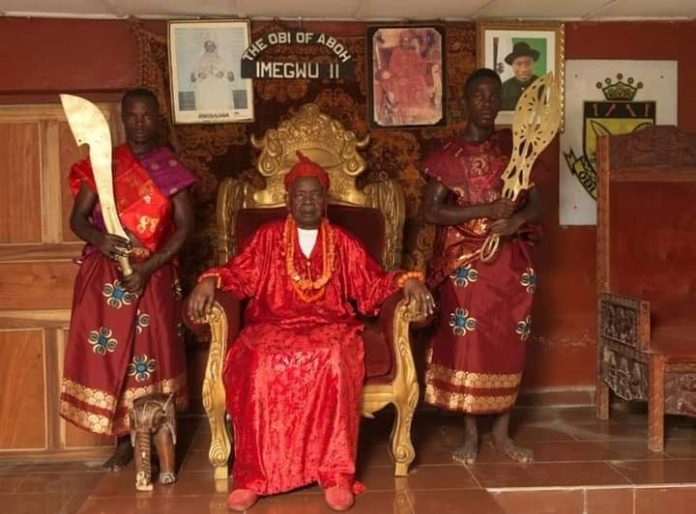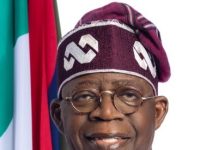You have heard of Oru and you have heard of Igbo, you have also heard that “Oru na Igbo bu Ofu” meaning Oru and Igbo are one, meaning that we stem from the same ethnicity…but what prompted the different names??
- Because Igbo are those who went to live in the forest hinterlands while Oru were those who settled by the River banks…
- To say that one has gone to Oru and has gone to Igbo means that one has gone round the entire nation, in common Ogba parlance, Orul’igbo means everybody.
The Oru more specifically are Igbos who adapted to Riverine life, not just in habitat but culturally as well, their cultural norms, customs, deities and cuisine took on a riverine outlook and their civilization became aquatic centred.
Going back to our origins the proto igboid migration down from the grasslands as they adapted to forest life split in two settling on both parts of the Niger river.
A branch of these Western group settled in the low lying marshlands now known as Ukwuani. Our comprehensive study of the common Oru dialects and migratory parts shows that the Oru were an offshoot of these marshland settlements who became more aquatic and adapted to fishing, they moved to the banks of the Niger and eventually dominated it along the span and width of the Igbo nation.
They also moved to the Eastern banks of the Niger and subsequently other big rivers adjacent to the Niger such as the Orashi and the Omambala.
Amongst the Northern Igbo they were know as Olu. It is worth noting that Oru communities dominated trade along the Niger and as a result had a series of contact with Benin, Igala and Izon traders and fishermen… these contacts would eventually leave their mark.
Oru communities include, the towns of Ndokwa East(also known as Ndoshimili) such as Aboh, Ase, Ashaka e.t.c
Onya, Osekwenike, Ndoni, Ogba, Egbema, Ogbaru(Atani, Akili Ozor, Odekpe etc) Osomari, and most famously Oguta.
It also includes Anam, Olumbanasaa, Illah, Nzam in the North.
Onitsha is not generally considered Olu because the aboriginal Oru people and Igala that they met at the River banks there they later assimilated into a quarter, the Onitsha were Enuani and did not adapt to fishing but continued to depend on Ogbaru communities for that.
The Oru are astute fisher men and canoe builders(ugbo na amala), there are some unique cultural traits…
They settled in nucleated settlements/towns by the River Banks not dispersed.. The Igbo in the hinterland had an aversion for water and will normally settle 2km away from water bodies.
They have a unique dance known as egwu amala.
The eldest man is known as Oduah
Elders are greeted Ogene and men are greeted Ajie.
They have a rich cuisine filled with all kinds of fishes and aquatic foods..
they have a variety of fishing festivals.
The Oru were the earliest Igbo clan to develop an elaborate centralized monarchy centred around Royal families (Umudei) and the monarch or King known as Obi or Igwe(Ezeigwe)
They had an elaborate Ozo society that makes up the ndichee and Ndi Okpalaeze that functioned as a town congress. They hinterland people copied the offices of Iyase-Onowu, Onise and Odogwu from them.
They had a guild of Leopard warriors/titled men known as Igbu(Ogbuagu)
The Oru had two major masquerades that functioned as police, they were mmanwu and Owu,
Owu came from Oru and diffused into the hinterlands from there.
Although the Oru adapted to the waters they never quite forgot their Agrarian ancestry and one unique thing about them is that they remain accomplished farmers…unlike the Ijaw that takes entirely to the water, the end result that although the Oru lived by the River banks, they amassed vast lands inward which they maintained for farming and for hunting thus, till this day the Oru still feeds much of Igbo land not just in fish but in crops especially yams.
Because of space I’ll talk briefly of just a few Oru clans..
Ogbashu, Oguta, Akarai and Aboh. (Continued)
By kaycee Alozie








